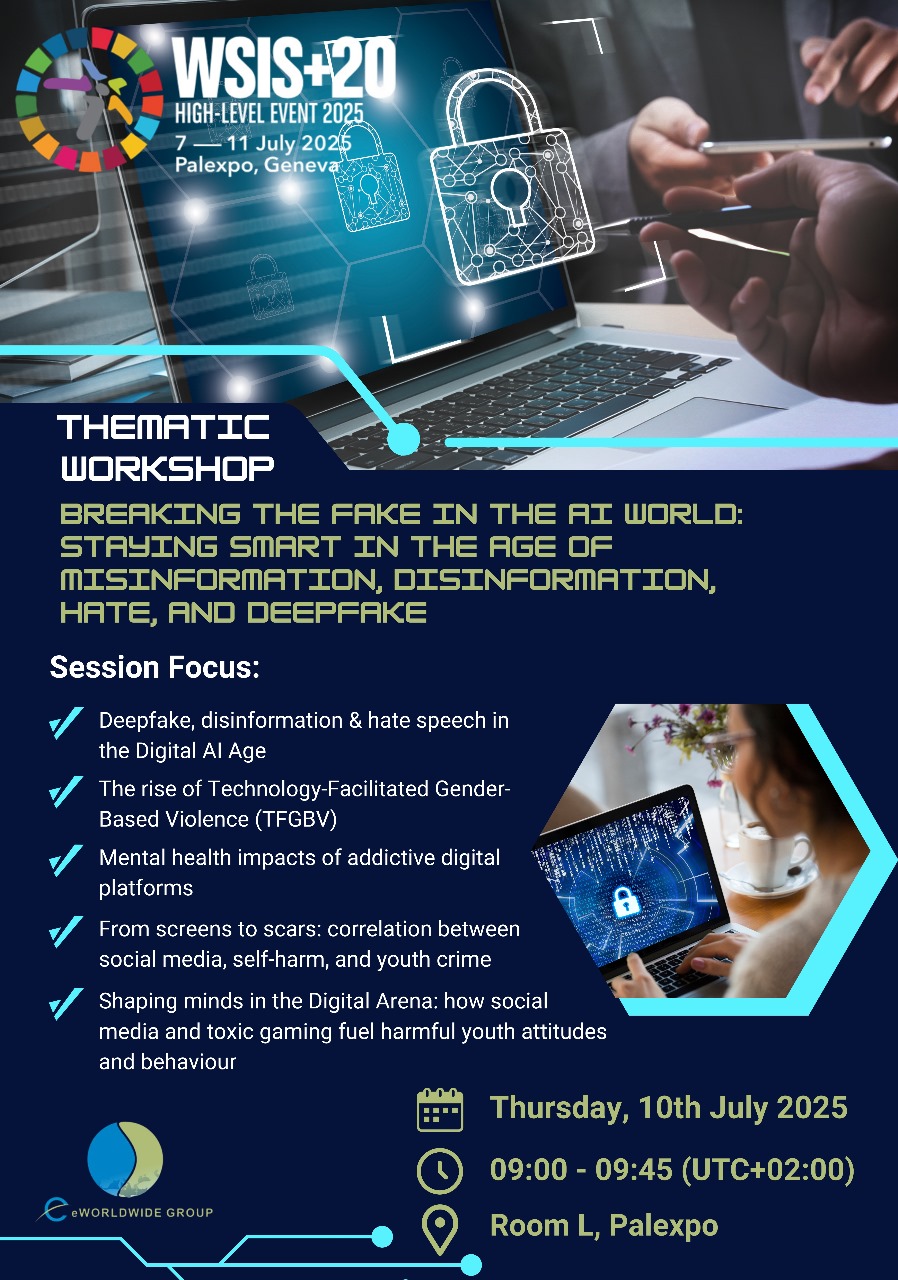Breaking the Fake in the AI World: Staying Smart in the Age of Misinformation, Disinformation, Hate, and Deepfake
eWorldwide Group
Session 278
Tools, Truth, and Tactics for the Digital Age
In the era where the geopolitical environment is both unpredictable and unstable, understanding how AI-driven technologies and unethical algorithms are reshaping online interactions and narratives through misinformation, disinformation, hate speech, and deepfake content poses a significant threat to national security, individuals, society, and government, is imperative.
Children and young people are increasingly exposed and susceptible to manipulative digital content, unethical social media influences, and toxic gaming environments, which is shaping their behaviors, attitudes, biases, and moral development. As a result, there is a growing culture of misogyny, sexual exploitation, and Technology Facilitated Gender- based Violence (TFGBV), coupled with addiction to extreme violence, deep fascination with criminality, hateful behavior and radicalization, growing phenomena of obsession with violence, and polarizing societies.
The invisible dopamine-driven algorithms are causing addictive behaviors, altering moods and attitudes, which significantly impact mental health, self-doubt, self-worth, self-harm, and negative emotions. Furthermore, excessive exposure to digital devices, particularly screen time, is damaging early childhood development (physical, mental, and emotional). It is also restricting cognitive development, causing learning disorders, which are impacting future opportunities and the quality of life of the innocent.
This thematic workshop aims to critically examine the growing challenges and their profound impact on young and susceptible minds, ethical values, and digital safety. The session will also highlight innovative global initiatives that are driving greater duty of care and safeguarding practices to address these risks.
The structure of the discussion will foster meaningful exchanges between participants, allowing for collaborative and innovative recommendations to be shared and formulated to combat the escalating AI-driven manipulation and digital threats. We will also present the new draft IEEE ‘Guideline for Children’s Safe and Secure Engagement on Social Media and Gaming Platforms’ and recent research highlighting the correlation between self-harm and social media engagement.
The session will bring together key stakeholders, including representatives from governments, civil society, UN agencies, and youth advocates, to share experiences, insights, and recommendations. Through an interactive and thought-provoking dialogue, we seek to collectively reflect on framing future-focused solutions that ensure a safer, secure, and healthy digital landscape for future generations.
We look forward to a rich discussion and a shared commitment to safeguarding digital integrity for humanity.
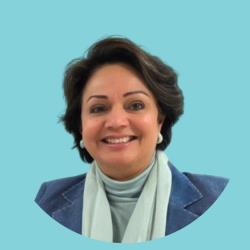
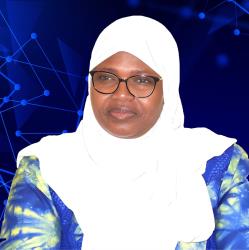
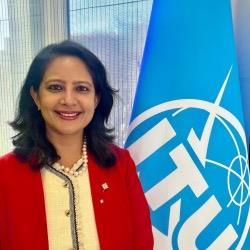
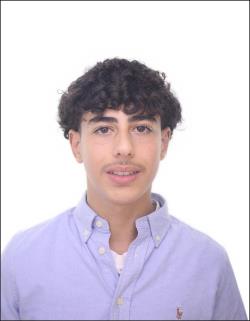
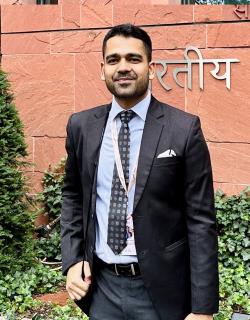
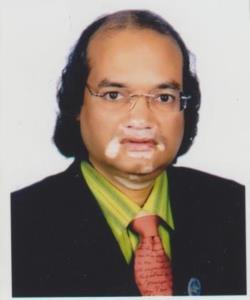

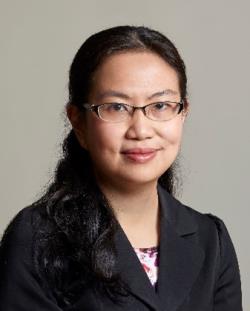
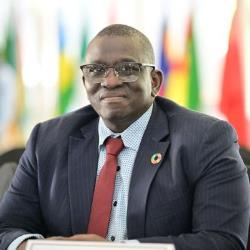
-
 C3. Access to information and knowledge
C3. Access to information and knowledge
-
 C4. Capacity building
C4. Capacity building
-
 C9. Media
C9. Media
-
 C10. Ethical dimensions of the Information Society
C10. Ethical dimensions of the Information Society
-
 C11. International and regional cooperation
C11. International and regional cooperation
C3: Access to Information and Knowledge – Promotes digital literacy and critical thinking, empowering people to access and evaluate information responsibly.
C4: Capacity Building – It contributes to building skills to recognize and counter digital threats, such as deepfakes and disinformation.
C9: Media – Misinformation and hate speech directly support ethical media practices and responsible journalism in the digital age.
C10: Ethical Dimensions of the Information Society – Tackling AI-generated deception aligns with promoting ethical standards in the use of emerging technologies.
C11: International and Regional Cooperation – Foster collaboration across sectors to combat digital threats globally.
-
 Goal 4: Ensure inclusive and equitable quality education and promote lifelong learning opportunities for all
Goal 4: Ensure inclusive and equitable quality education and promote lifelong learning opportunities for all
-
 Goal 9: Build resilient infrastructure, promote sustainable industrialization and foster innovation
Goal 9: Build resilient infrastructure, promote sustainable industrialization and foster innovation
-
 Goal 16: Promote just, peaceful and inclusive societies
Goal 16: Promote just, peaceful and inclusive societies
-
 Goal 17: Revitalize the global partnership for sustainable development
Goal 17: Revitalize the global partnership for sustainable development
SDG 4: Quality Education – By promoting media and digital literacy, our session empowers individuals to assess information, a key 21st-century skill
SDG 9: Industry, Innovation and Infrastructure – Addressing the ethical use of AI and deepfakes contributes to building resilient digital infrastructure and fostering responsible innovation.
SDG 16: Peace, Justice and Strong Institutions – Tackling disinformation and hate speech supports transparent institutions, combats corruption, and strengthens public trust.
SDG 17: Partnerships for the Goals – Encourage cross-sector collaboration—between educators, technologists, policymakers, and civil society—to build a safer digital ecosystem.
